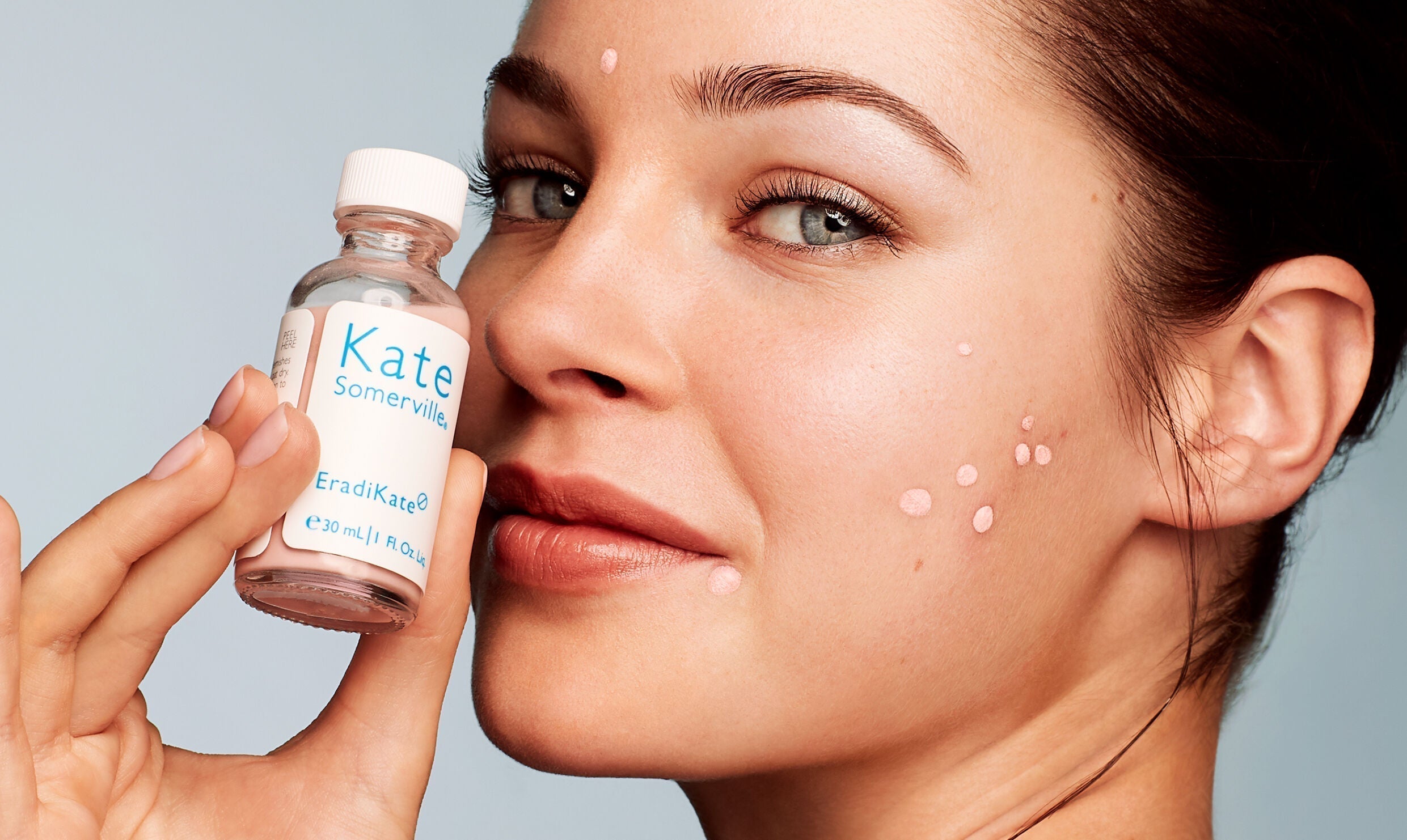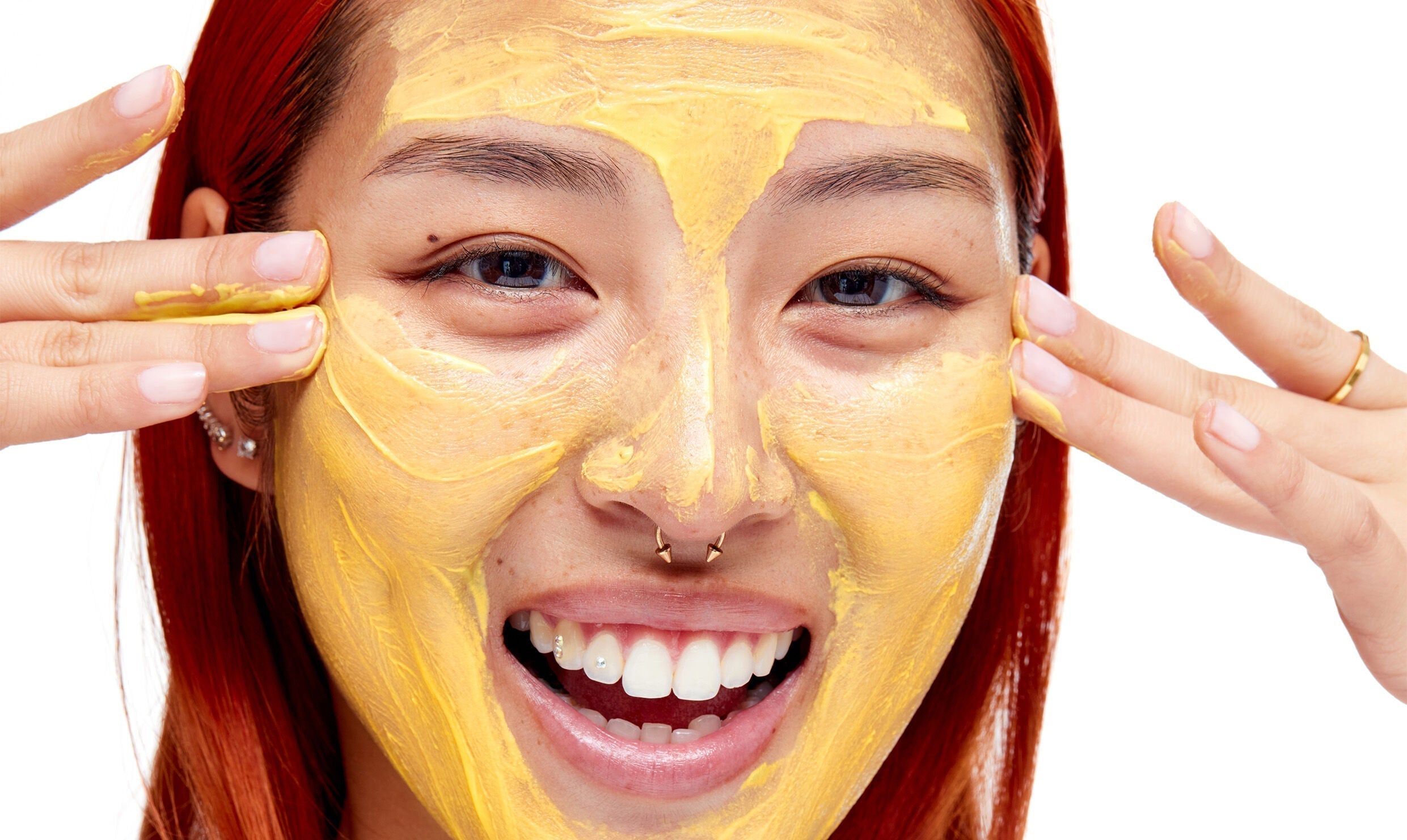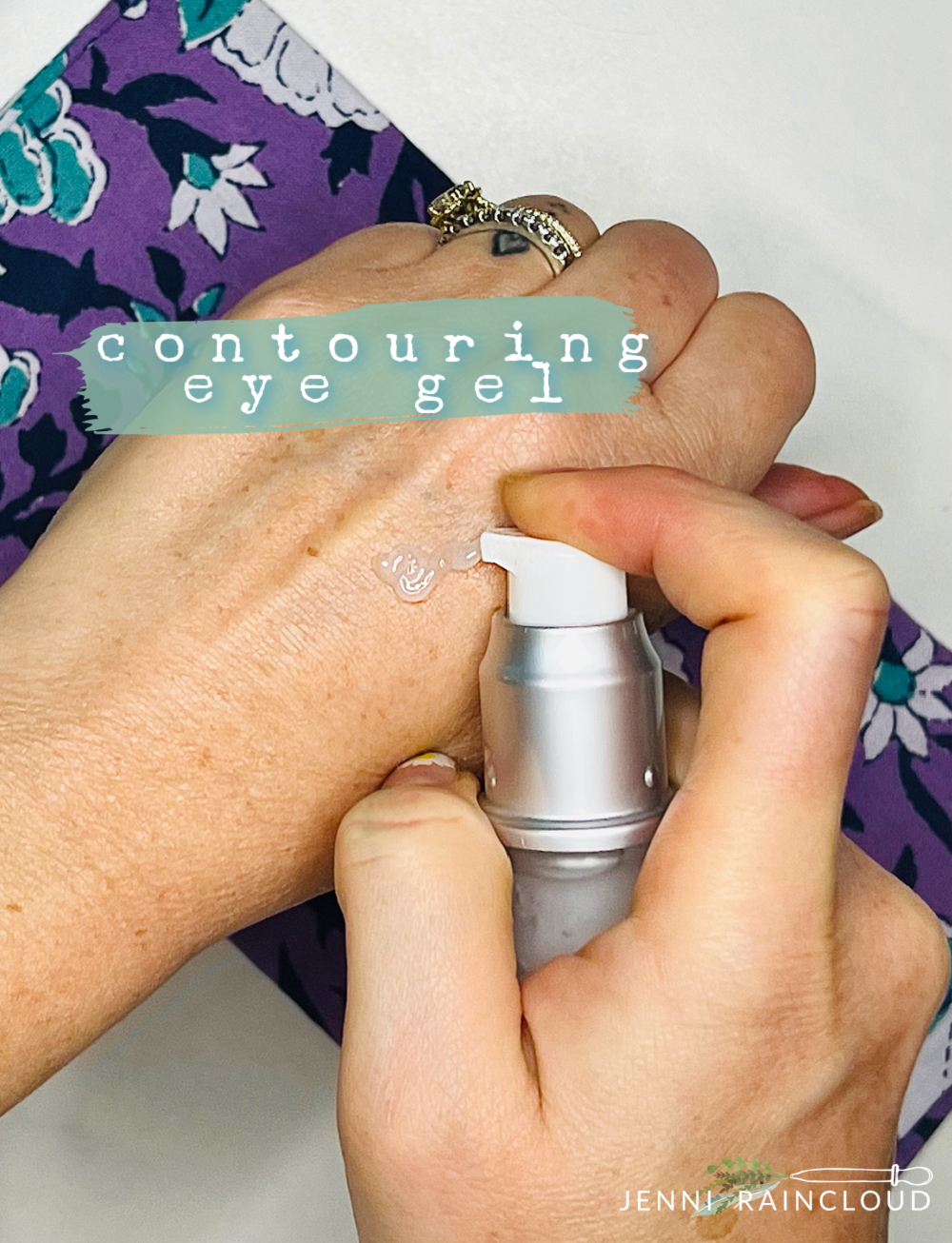
We all know the old adage that vitamin C helps to boost its immune system that makes many of us reach when we feel a cold. In fact, the general health benefits of vitamin C for your body are some of its most widely recognized and understood features. But in recent years he has begun to obtain a new reputation as a powerful ingredient for skin care that drives stores to align their shelves, both physically and digitally, with products that have their prominence in their ingredient lists.
But what does vitamin C do for your skin? It is a question that we commonly listen to our clients inside and outside the clinic. As with many Premium skin care Ingredients, it seems to have increased in popularity without much explanation or education about its uses, which is a penalty given the variety of skin concerns that the topical vitamin C application can help address.
The benefits of vitamin C on the skin
As a powerful ingredient for the health of our body, it is not surprising why vitamin C can also provide as many benefits as skin care ingredient. We sit down with our own expert in Kateville’s skin care, Kelly Viavattine, aestheticist of the stars, to know why vitamin C is promoted as a miraculous ingredient.
Protects against free radicals
First, vitamin C «helps protect its cells against harmful free radicals,» says Kelly. Free radicals are destructive molecules that are created as a result of exposure to certain environmental pollutants such as smog, dust, cigarette smoke and sun [1]. These molecules can wreak havoc on our skin in the form of skin discoloration, loss of volume and decrease in resistance. However, the antioxidant properties of vitamin C help neutralize these skin molecules and minimize their visible effects. This singular benefit supports all the other advantages of vitamin C.
Illuminate and match the skin tone
As soft and natural acid, vitamin C also works as a light exfoliant that can help soften the layers of dead skin cells and help with unequal skin tone. With frequent and consistent use, this can help soften the appearance of dark spots or discoloration, such as hyperpigmentation that reveals a brighter and more uniform skin.
AIDS UV PHOTODAMAGE PREVENTION
Even regular sunscreen – And we hope you are using it every day: ultraviolet photodamage (UV) is possible. Vitamin C in the skin can help strengthen the skin and minimize the damage caused by harmful rays for sun exposure. Even so, vitamin C it’s not A sunscreen and should not be treated as one, although it is a great addition to its daily UV combat routine.
Reduce redness
Vitamin C as a product for skin care is a powerful antioxidant that can help reduce redness and skin inflammation. According to a study published in the Journal of Clinical and Aesthetic Dermatology, it was found that topical vitamin C is effective in reducing redness and improving the general tone of the skin when incorporated into a skin care routine. [2].
Vitamin C for skin
He may think that he knows vitamin C and that it would be quite easy to find in the labels of its product, but, in reality, there are several different ways that this powerful ingredient can take.
The most commonly used vitamin C form in skin care is known as ascorbic acid, since it has the greatest power when applied topically [3] and is quickly absorbed on the skin. Our MEGA C VITAMIN C FACIAL IMPLATION It is formulated with this key ingredient and is our most powerful but stable vitamin C product that offers a brighter and more uniform skin.
ASCORBYL Magnesium phosphate (MAP) is another commonly seen derivative of vitamin C that is water soluble, which makes it more effective in lower concentrations. If you see any of these listed on a product label, you are buying a true skin care product of vitamin C.
However, the type of vitamin C that chooses to buy is not the only factor to consider when looking for products. Unfortunately, vitamin C is an active temperamental ingredient that can destabilize quickly when it comes into contact with air and sunlight. To avoid wasting your money in a product that will become ineffective quickly, you must be attentive to some things. First, look for a stabilizer ingredient together with vitamin C. Vitamin E and ferulic acid are some of the most commonly seen ingredients used for this purpose [4] while providing your own leather benefits list. For example, vitamin E can help protect even more against and limit damage to harmful free radicals [5] While ferulic acid can help improve the defense of vitamin C against exposure to sun and UV light.
These ingredients can be found in everything, from cleaners and masks to moisturizers and sera. In some cases, as with Kate Somerville’s +Retinol Vita C Power serum, you can even see vitamin C combined with other powerful ingredients to create a more effective treatment that can address multiple skin concerns at the same time.
In addition to the ingredients, pay close attention to the real packaging of the product you are buying. Opaque or plastic glass containers will ensure that sunlight does not negatively affect the ingredient, while a pump or other restrictive air device can help limit exposure of oxygen vitamin.
Fortunately, vitamin C is usually a safe ingredient for all skin types, although it can never be said with certainty, since each individual’s skin is unique and can react differently. If you have a sensitive skin, in particular, try to use a formula without many aggregate ingredients so that you can monitor your skin response to vitamin C specifically. Each vitamin C derivative can interact differently with its unique skin type, so if you experience an adverse reaction, try to change to a different form.
Potential risk and side effects
However, it is important to keep in mind that high concentrations of vitamin C can cause irritation and redness, especially for those with sensitive skin. It is always better to try the product before incorporating it into the skin care routine and consulting with a dermatologist if you experience any adverse reaction [8].
Add vitamin C to your skin care routine
Although vitamin C has many benefits on its own, it is more effective when used as part of a regular skin care regime. Incorporation of certain products before vitamin C use can help prepare your skin while continuing with additional steps can help improve its benefits. These are one of the best ways to add vitamin C to your routine effectively.
1.) Clean
Using a Soft foam washing It will help eliminate excess dirt, oil, makeup and other rubble from the surface of your skin, allowing accompanying products to easily access your skin.
2.) Tóner
Designed to eliminate any remaining residue that is of its cleaner or water, applying a toner It is a quick and easy step that will ensure that your face is in your cleanest possible state.
3.) Exfoliate
A few times every week you will want exfoliate To remove the few upper layers of dead skin on the face. Doing it helps to open the pores and allows your vitamin C product to penetrate more deeply into the skin, which makes it more effective.
4.) Seo
TO serum Will provide the highest concentration of vitamin C and deliver the maximum benefits. If you have multiple skin concerns, look for a product like our +Retinol Vita C Power serum, which is formulated with two ingredients: retinol and vitamin C, which can fight visible signs of aging while the night and illuminate the tone of their skin.
5.) Hydridge
Finish things with an additional dose of hydration for your skin. Unfortunately, many women think their skin is fatty and does not need moisturizing But any excess oil can be the result of dry skin. Ensure that your skin is hydrated will give you a youthful complexion and skin that is soft to the touch.
It may seem quite simple, but the order in which it places its product can affect its effectiveness. So, although you can customize your routine to fit your needs and desires, try to stick to something similar to this order.
How often use a topical vitamin C?
It is recommended to use topical vitamin C once a day, preferably in the morning, to help protect against environmental damage, boost collagen production and promote healthy skin. [7].
Combination of vitamin C skin care products with other ingredients
A growing trend in the world of skin care is the mixture of ingredients or products. In addition to helping you customize your skin care routine to better adapt to your exact needs, you can also be more aware of the budget and effective. For example, layers or combining a vitamin C serum with a peptide product, such as Peptide of mimicization of active concentration biography KX can address multiple skin concerns as vitamin C works to illuminate its complexion and peptides offer other anti -aging effects. Retinol is another ingredient that combines well with vitamin C to refresh the opaque and tired skin and help you achieve a firmer, bright and more youthful complexion.
However, it must also be cautious with the skin’s care cocionary, since some ingredients can cause skin irritation and redness. Niacinamide, for example, is a derivative of vitamin B3 and is commonly used in skin care to treat irritation, but, when combined with vitamin C, it becomes niacin, which can cause inflammation and other unpleasant side effects. Get more information about the benefits of mixing ingredients for skin care and how to do it.
What does vitamin C do your skin? Well, a lot! As a powerful antioxidant, vitamin C protects its skin from damaging free radicals, while helping to soften the appearance of some signs of aging, such as fine lines or wrinkles. It also makes wonders to illuminate and the night in which its skin tone, improving the appearance of the elasticity of the skin, and helping to prevent sun damage. That is a long and varied benefit list for a single ingredient! It is not surprising why so many women promote it as a miraculous worker in skin care products.
Ready to achieve a youthful skin and a bright complexion? Buy our full line of Kateville kate vitamin C products today.
Sources:
- https://www.ncbi.nlm.nih.gov/pubmed/3526996
- https://www.ncbi.nlm.nih.gov/pmc/articles/pmc5605218/
- https://lpi.oregonstate.edu/mic/health-disease/skin-health/vitamin-c
- https://www.ncbi.nlm.nih.gov/pmc/articles/pmc5579659/
- https://www.ncbi.nlm.nih.gov/pubmed/9879542
- https://www.ncbi.nlm.nih.gov/pubmed/76333944
- https://www.ncbi.nlm.nih.gov/pmc/articles/pmc5605218/
- https://www.aad.org/public/everyday-care/skin-care-secrets/antioxidants/topical-vitamin-C







